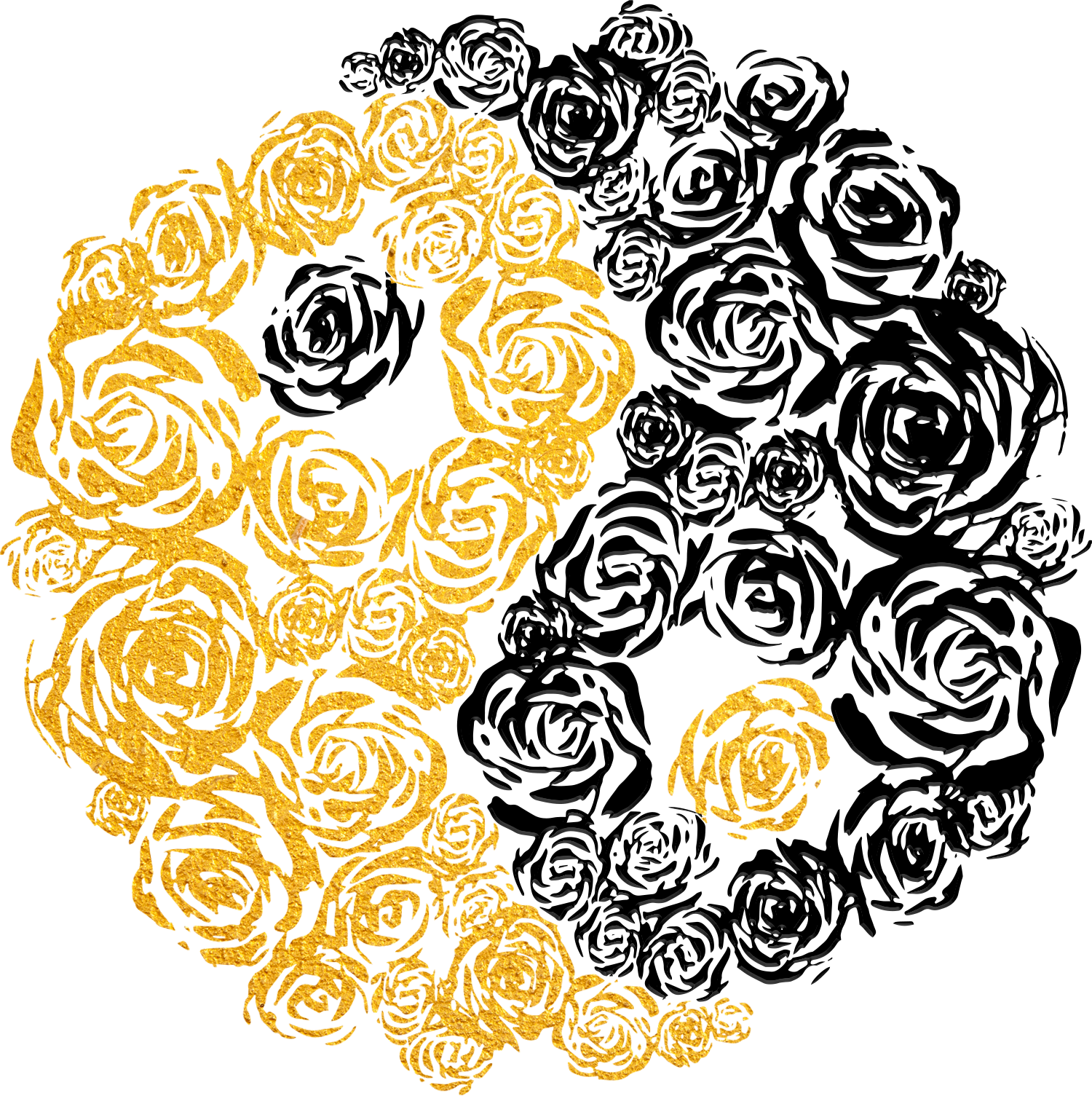FAQ’s of Acupuncture
What is Acupuncture and how does it work?
Acupuncture is a strategic placement of ultra-thin (think hair’s width) needles in acupuncture points that correspond with the patient’s condition. Acupuncture works with the body’s resources to promote healing and restore the body to balance(homeostasis) . It increases blood flow in the body while reducing inflammation. It normalizes the nervous system, improves emotional well-being by helping the body release endorphins, serotonin, and dopamine. With certain points acupuncture releases the body’s natural painkillers(enkephalins) to reduce pain.
Does it hurt?
Basically, NO but everyone’s pain tolerance is different and depending on your stress levels or other factors pain tolerance can vary from day to day. You may feel an initial prick of the needle but that goes away quickly. Other sensations commonly described are electric, tingling, warm, traveling or a deep dull ache. Keep in mind I never want you to feel uncomfortable with any sensations during acupuncture. If you can’t relax you can’t heal so always let your acupuncturist know if you are uncomfortable so the needle can be adjusted or removed.
What does acupuncture treat?
Acupuncture is cited by the World Health Organization to successfully treat over 44 conditions. It is particularly great for pain, sport injuries, headaches, stress, anxiety, digestive issues, relaxation and allergies just to name a few.
Are there side effects?
We use single use sterile needles so the risk of infection is minimal. There are little to no adverse effects of acupuncture but possibilities are lightheadedness, fatigue, minor tenderness at needle site, temporary worsening of symptoms, emotional release or slight bruising.
What training is needed to become an acupuncturist?
This varies from state to state, however one must usually have a bachelor’s degree plus a master’s degree in Acupuncture and Oriental Medicine to practice. After completing the master’s program one must pass board exams and apply for a license in the state they are practicing in. Once licensed they must stay current in their licensing and continuing education. I specifically completed 191 units and 3500 hours of theory and clinical practice. That included in depth classes in Anatomy and Physiology, Acupuncture, Herbology, Tui Na Hand and Structural Techniques, Diagnosis and Treatment of Disease, and Eastern Nutrition. I have also added extra units to complete my Doctor of Acupuncture and Chinese Medicine(DACM) which is not required to practice. Always check the state or national acupuncture sites to verify your acupuncturist is licensed and in good standing. www.nccaom.org www.acupuncture.ca.gov
What is Facial Rejuvenation?
Facial rejuvenation with acupuncture needles is a safer nontoxic alternative to Botox and surgery. Needles are inserted into the dermis layer of the skin which stimulates new collagen and elastin to form helping fill in fine lines and wrinkles. It also releases hyaluronic acid helping improve overall skin health and promote your skin’s glow.
How long does it last?
To have lasting effects, you will need 2 treatments a week for a total of 10 treatments per target area. After that monthly maintenance is required for upkeep. I also recommend a good at home skin care regimen as well as facials.
What is Facial Gua Sha?
Gua Sha is a treatment used in TCM (Traditional Chinese Medicine) involving repeated pressured strokes over lubricated skin with a smooth-edged tool. With Facial Gua Sha a small stone or crystal board usually made of Jade or Rose Quartz is used to improve the tissue health, relieving tension in the muscles of the face, boosting blood circulation, encouraging lymphatic drainage to reduce puffiness, brighten the skin and release toxins.

